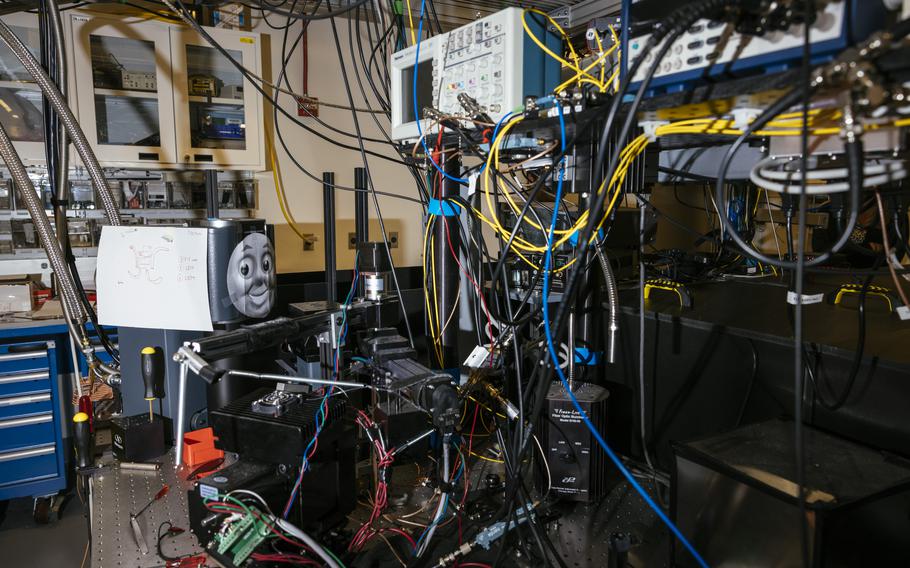Telcos, banks, data centres urged to explore use of quantum security at new centre
SINGAPORE – Hackers armed with quantum computers may soon trump virtual private networks, decode passwords and break other traditional encryption software that forms the basis of today’s Internet security.
And the adoption of new cyber-security software to fend off hackers who could soon wreak havoc with quantum technology is not catching quickly enough.
A newly launched experience centre, dubbed the Quantum Networks Experience Centre, at research and development hub one-north hopes to bridge the gap.
It was launched last week by National University of Singapore’s quantum security systems spin-off SpeQtral in partnership with Japanese firm Toshiba. The centre aims to promote the adoption of quantum-secure systems in the region.
It is hoped that national agencies and private enterprises such as telcos, banks and data centres can explore commercial uses for the technology.
The effort is backed by the National Research Foundation, Temasek and national institutions such as Enterprise Singapore and the Economic Development Board.
Standard encryption, which is based on mathematical codes, has become all too familiar to hackers who can decrypt it to access sensitive secrets or cripple networks.
Quantum cryptography, on the other hand, harnesses the quantum properties of light particles to create a seemingly unbreakable cryptographic algorithm to secure satellite or fibre broadband communications.
In the wrong hands, quantum technology can unravel the Internet, as it can potentially crack current encryption algorithms exponentially faster than even the best of non-quantum machines.
National institutions have recognised the promise and potential threat of the nascent technology and doubled down on investments in the field. The authorities and cyber-security providers have also urged businesses to heed these early warnings.
SpeQtral chief executive Lum Chune Yang said: “In terms of general knowledge about quantum communications, it is nowhere near what it needs to be… Any institution that handles high-value data or a high volume of data should take note.”
He added: “We are entrusting government agencies, banks and cloud providers with all our data, so those…




